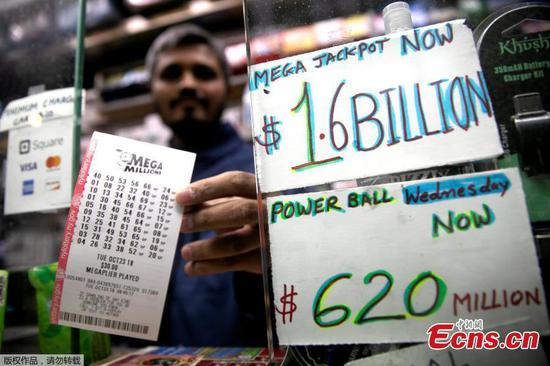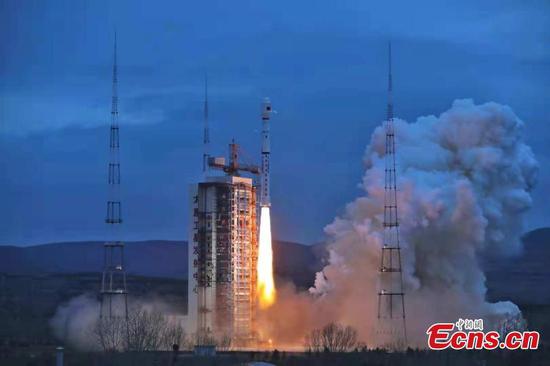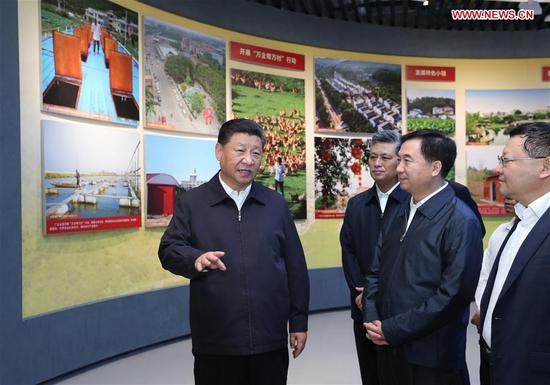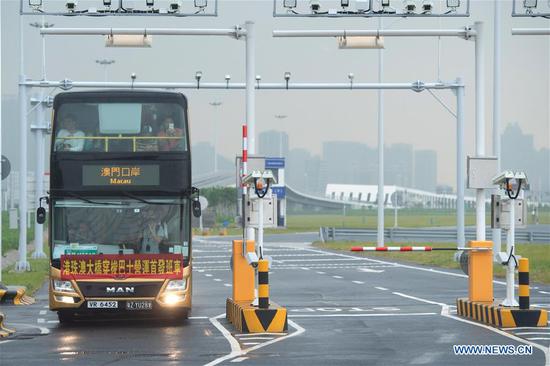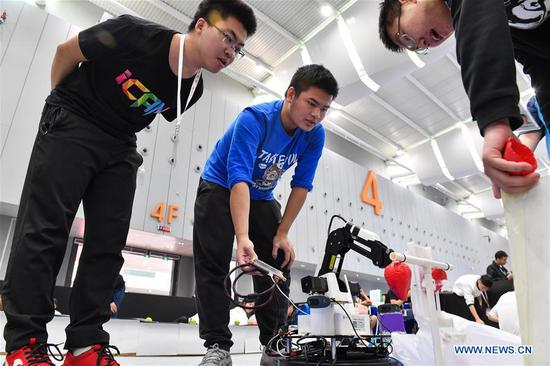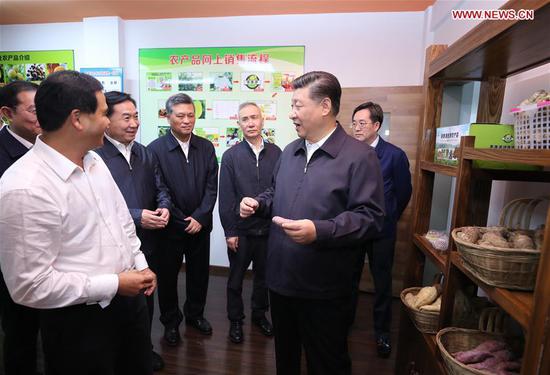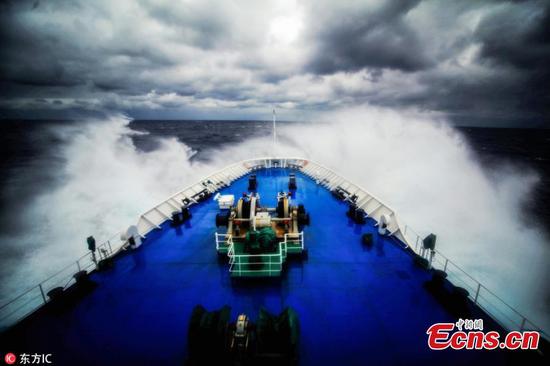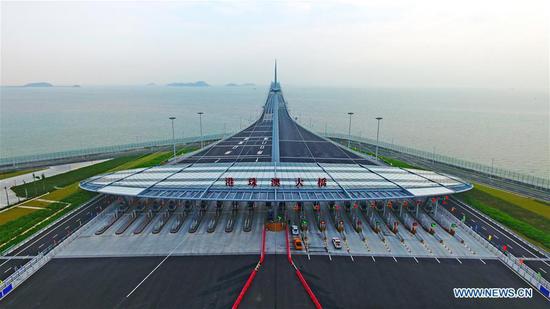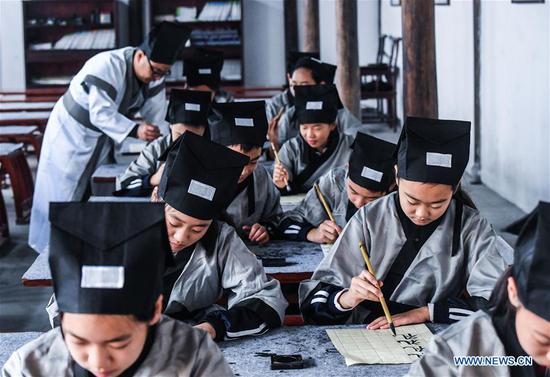The trade friction between the United States and China has been going on for several months, with no clear sign of an end. It is increasingly clear that the problem lies in Washington's unilateralist approach and bullying tactics.
The current U.S. administration has been mixing partial and misleading trade statistics with spurious allegations appealing to populist sentiment, which is inadvertently doing more harm than the mere sum of the two. Such tactics erode the trustworthiness of the United States.
In the latest development, the United States said it is pulling out of the Global Postal Union, alleging that the UN treaty has allowed foreign firms to "take advantage of" cheap shipments to the United States.
These words sound familiar these days. They are reminiscent of, among others, the China-bashing speech by U.S. Vice President Mike Pence earlier this month at the Hudson Institute, a think tank in Washington.
The United States has used exaggerated trade allegations against other economies, including but not limited to China, based on statistics that are at least partial and intendedly misleading. Citing imbalance in the merchandise trade, Washington claims that it has been "long taken advantage of" by other countries.
However, experts have repeatedly said it is highly misleading to merely look at the numbers on visible trade. While the United States runs a large deficit in the trade in goods, it has a huge surplus in the services trade.
In addition, U.S. multinationals have raked in huge profits from the Chinese and the global market. The U.S. economy has come out of the Great Recession with its job market booming with its lead-position in the international supply chain strengthened rather than weakened.
The U.S. domestic divide has been even more obvious. This clearly signals the existence of a problem. It is beyond any reasonable doubt that the United States has greatly benefited from the globalization of trade and economy. Microsoft, Apple, Amazon and U.S. soybean farmers alike have all benefited from the Chinese market. So have American aircraft manufacturers alongside their pharmaceutical giants.
In reference to the trade friction, China has always affirmed its openness to negotiations and willingness to work together with the United States to resolve the issue through talks based on equality and mutual respect.
It requires a long-term perspective to take stock of globalization. While there may be adjusting pains, all the countries, the United States included, are far better off today, than they would have been without globalization.
In the political landscape, the pendulum has swung towards realpolitik in the United States. Instead of duly serving as an institutional check, the incumbent U.S. leadership, has instead stoked a populist sentiment.
It is dangerous for inexperienced political figures to deliberately jumble misleading numbers alongside fear-mongering to coin an obviously mythical bogeyman termed "the China threat".
The world's most populous country only has a per capita GDP circa one fifth of that of the United States. China is critically aware that it has immensely benefited from her win-win cooperation with the rest of the world. It is trying to safeguard the multilateralist bedrock of the global system and is more than happy to see others benefit from this same multilateralism down the road too.
The current U.S. administration has inexplicably dumped multilateralism and standard practices in diplomacy in favor of unilateralism and self-serving disruptive tactics. Even if the United States could make temporary miniscule gains -- which is by no means guaranteed -- it is instead set to suffer heavy loses in the long run. A destructive path once set in motion is practically irreversible.
This headstrong pursuit of "America First" policy does not bode well for the international community. Nor does it bode well for the United States. This logic cannot be more obvious. Should every country emulate this self-serving narrow interest unilaterally with an equivalent unimpeded recklessness, then chaos and havoc would be the only expected end-result.
"Trust in America has declined faster than the vast majority of its citizens can appreciate," veteran journalist Philip Bowring, long based in Asia, wrote in a recent article in the South China Morning Post.
That observation should serve as a wake-up call. Washington's unilateralist approach and bullying tactics have made it difficult for China and every other sensible nation to engage in any serious deal-making with the United States. It also puts the future of globalization in harm's way.
The only solution out of this mess is for Washington to come back to the negotiating table, avoid politicizing the trade friction and work together towards an amicable resolution. This will help the United States recover some trust and credibility.












